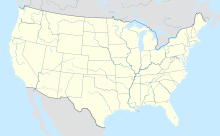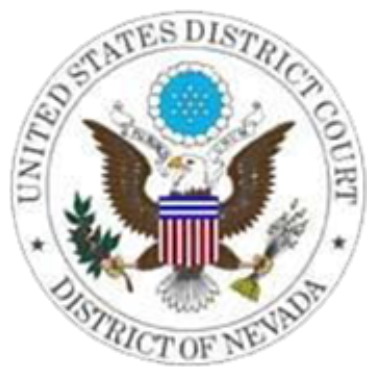Bundy standoff
| Bundy standoff | |||
|---|---|---|---|
| Date |
|
||
| Location |
Bunkerville, Clark County, Nevada, United States 36°43′00″N 114°14′19″W / 36.716574°N 114.238483°WCoordinates: 36°43′00″N 114°14′19″W / 36.716574°N 114.238483°W |
||
| Causes |
|
||
| Goals |
|
||
| Result |
|
||
| Parties to the civil conflict | |||
|
|||
| Lead figures | |||
|
|||
The 2014 Bundy standoff was an armed confrontation between supporters of cattle rancher Cliven Bundy and law enforcement following a 20-year legal dispute in which the United States Bureau of Land Management (BLM) had obtained court orders directing Bundy to pay over $1 million in withheld grazing fees for Bundy's use of federally owned land adjacent to Bundy's ranch in southeastern Nevada.
The ongoing dispute started in 1993, when, in protest against changes to grazing rules, Bundy declined to renew his permit for cattle grazing on BLM-administered lands near Bunkerville, Nevada. According to the BLM, Bundy continued to graze his cattle on public lands without a permit. In 1998, Bundy was prohibited by the United States District Court for the District of Nevada from grazing his cattle on an area of land later called the Bunkerville Allotment. In July 2013, the BLM complaint was supplemented when federal judge Lloyd D. George ordered that Bundy refrain from trespassing on federally administered land in the Gold Butte area of Clark County.
On March 27, 2014, 145,604 acres of federal land in Clark County were temporarily closed for the "capture, impound, and removal of trespass cattle". BLM officials and law enforcement rangers began a roundup of such livestock on April 5, and an arrest was made the next day. On April 12, 2014, a group of protesters, some of them armed, advanced on what the BLM described as a "cattle gather." Sheriff Doug Gillespie negotiated with Bundy and newly confirmed BLM director Neil Kornze, who elected to release the cattle and de-escalate the situation. As of the end of 2015, Cliven Bundy continued to graze his cattle on Federal land and had not paid the fees.
Bundy was at first praised by Republican politicians and conservative personalities. Later, after Bundy suggested that "the Negro" would have been better off to be a slave than to be a recipient of government subsidies, he was widely condemned, and was repudiated by conservative politicians and talk-show hosts who had previously supported him. Many condemned his remarks as racist.
...
Wikipedia



